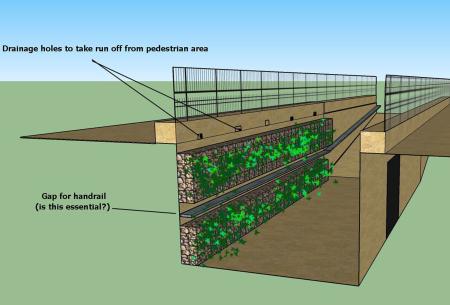
Resource description:
Guidelines to identify, measure and articulate the multifunctional benefits of urban green infrastructure (UGI) projects in order to support the development of cohesive business cases and to inspire project initiators to refine their projects to yield wider benefits.
Author/Contact:
TURAS
Expert contact: Ajay Kathrani
Advantages:
- Several tools do already exist which seek to quantify the benefits of UGI. However, they are mainly orientated to a single UGI typology (e.g. green roofs) or to specific benefit areas (e.g. flood management). In this regard, the Green Values assessment fr
- Users are encouraged to use the framework provided here as a starting point and then, by drawing on appropriate expertise, evolve it further to build a detailed investment case for their projects. In the case of gaps in terms of knowledge or availability
- Main outcomes: knowledge/data, community empowerment, process innovation.
Constraints:
- Europe is one of the most urbanised regions on earth with some 80% of Europeans likely to be living in urban areas by 2020. With the inevitable pressure on land use, there is an urgent need to rethink how nature and green spaces can be incorporated into u
Uses of this resource:
Urban Green Infrastructure is now recognised as a key component of urban design and planning. Nevertheless, there is still a huge lack of understanding and, in reality, the incorporation of high-quality UGI within new developments and retrofits into existing areas is still limited. In order to unlock this potential, it is necessary to capture, understand and communicate the multifunctional values that UGI can provide to urban areas and communities in the initial stage of projects.
Additional information:
WHO SHOULD BE INVOLVED?
FACILITATORY (PUBLIC) BODIES:
environmental and sustainability department; green spaces department; planning and development department; health and social well-being department; water and sewerage management department
LOCAL TASK FORCE:
local or regional authority; professional expert; research; community group; business; entrepreneur
SUITABLE FOR:
dense inner city; (sub-)urban communities; urban-rural interface; urban region; underused urban sites & building
MAIN NECESSARY RESOURCES ARE:
space; community trust; local knowledge; expert knowledge; monetary investments; public institutional set-up
Licence:
- Free, no licence
Development stage:
- Full, working product